Keywords: International Students
-

INTERNATIONAL
- David Halliday
- 13 December 2024
In 2024, a fifth of Americans reported having no close friends, and the number is growing, especially among those without college degrees. So what are the societal structures behind this crisis in loneliness, and how we can rebuild meaningful connections?
READ MORE 
-
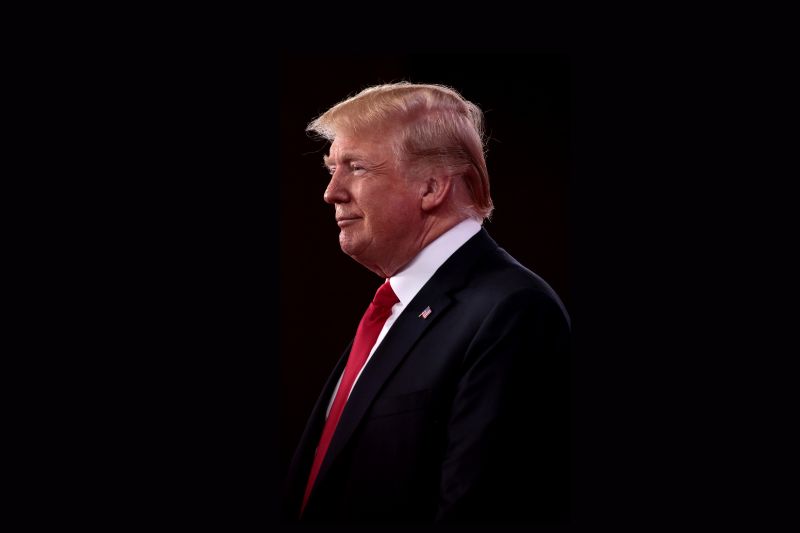
INTERNATIONAL
- Mark Beeson
- 28 November 2024
2 Comments
What does Donald Trump’s improbable return to the White House have to do with the mysteries of consciousness? Quite a lot, actually. From the psychology of a man shaped by relentless egotism to the social dynamics of his base, we scrabble for insights into what a Trump second term could mean for our fractured world.
READ MORE
-
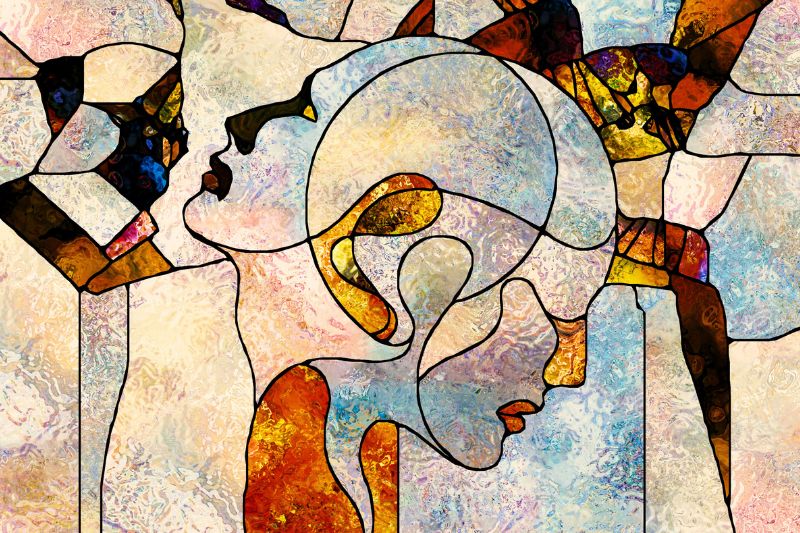
RELIGION
- John Warhurst
- 07 November 2024
14 Comments
The Catholic Church recently displayed two strikingly different faces. In Rome, the Synod on Synodality wrapped up with a facade of unity. But back in Melbourne, a Catholic University’s graduation became a battleground over church doctrine and free speech, exposing deep, unresolved fractures within the church.
READ MORE
-
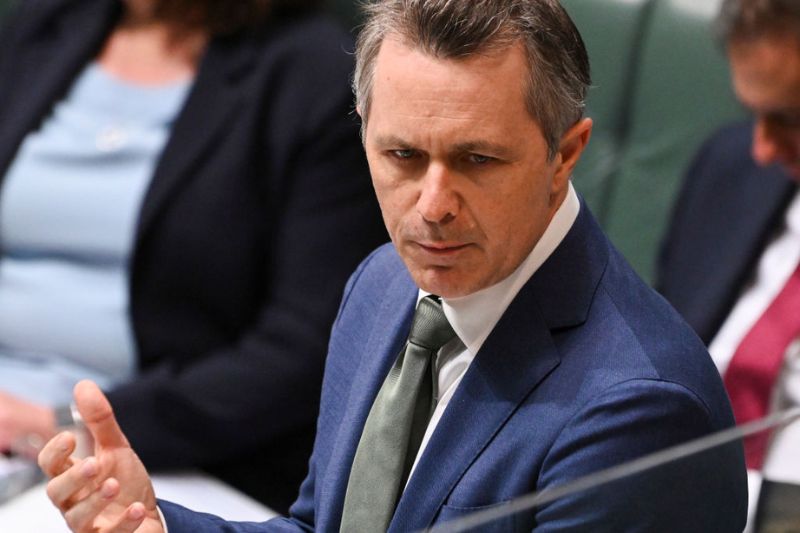
AUSTRALIA
- Binoy Kampmark
- 03 September 2024
The government has imposed a cap on enrolments, sparking controversy among universities. Critics argue this will harm the education sector and exploit foreign students, while supporters believe it will protect the integrity of Australia's education system and address concerns about over-reliance on international student fees.
READ MORE
-
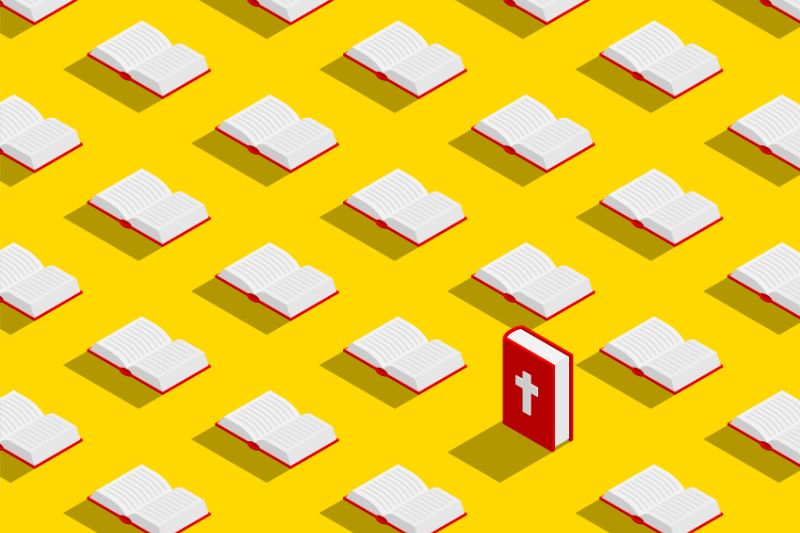
EDUCATION
- Jacinta Collins
- 20 August 2024
11 Comments
As the discourse surrounding religious freedom in Australia becomes increasingly contentious, especially in the context of schooling, we must address the growing perception that holding religious beliefs and values — and making choices based on them — is somehow discriminatory or at odds with modern society.
READ MORE
-
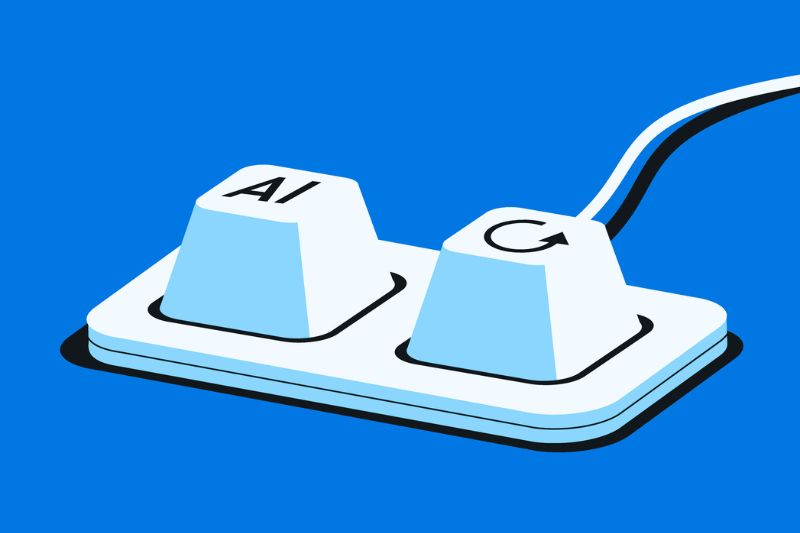
EDUCATION
- Erica Cervini
- 25 July 2024
1 Comment
To counter threats to academic integrity posed by AI, universities need to continually update policies, alongside placing additional emphasis on examining what makes effective academic writing.
READ MORE
-
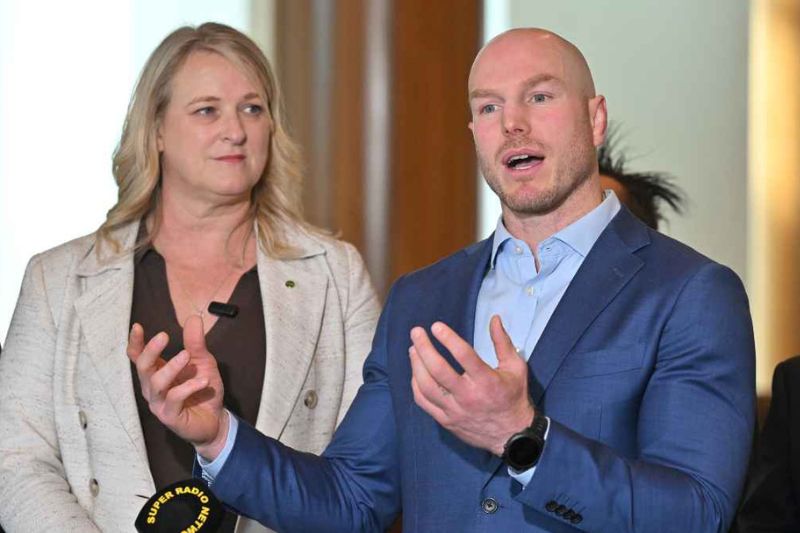
AUSTRALIA
With homelessness rising and housing affordability plummeting, Independents propose a radical solution: a National Housing Plan. In challenging both major parties, can they create a system that provides a roof over the heads of all Australians?
READ MORE
-

INTERNATIONAL
- Geraldine Doogue
- 18 June 2024
1 Comment
I wonder how many Australians were captivated, as was I, by the 80th anniversary D-Day celebrations? They seemed epochal to me: a reminder of something remarkable and a pointer to something possible, namely new resolve to maintain peace in Europe. Not too many Australians, as it turned out, were similarly mesmerised.
READ MORE 
-

EDUCATION
- Erica Cervini
- 11 June 2024
The Labor government’s plans for managing overseas student numbers seem to be heavily influenced by the belief that these students are at least partly responsible for hikes in rents, housing shortages, and pressure on infrastructure.
READ MORE
-
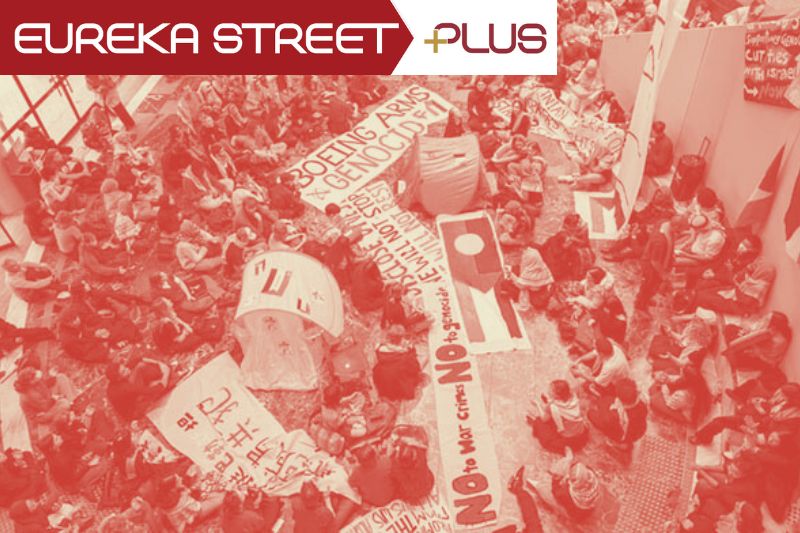
AUSTRALIA
In response to campus protests, universities erred on the side of free speech when every other day, the prevailing ethos is one of ‘safetyism’, namely suppressing speech or inquiry if an identity group frames it as ‘harmful’ to them. Universities should strive to be uncomfortable and ‘unsafe’ for all, with no identity immune from robust scrutiny.
READ MORE 
-
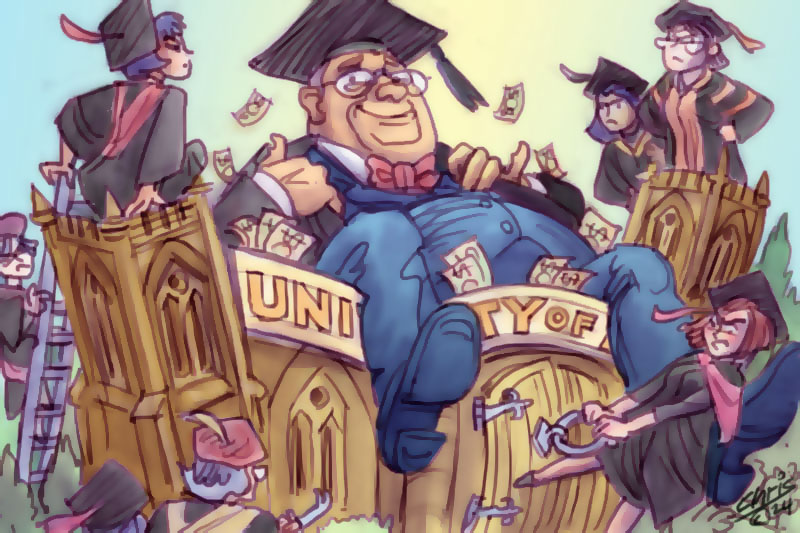
EDUCATION
- Erica Cervini
- 02 May 2024
In 1883, Bella Guerin became the first woman to earn a degree in Australia, a milestone for women in higher education. Today, women make up a majority of university students and staff, yet disparities in pay and representation persist.
READ MORE
-
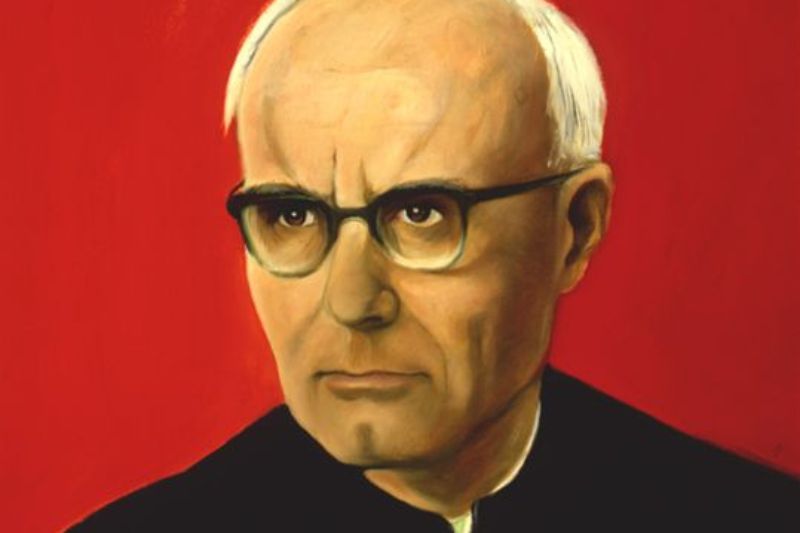
RELIGION
- John Honner
- 02 April 2024
15 Comments
Karl Rahner, a Jesuit priest whose ideas helped modernize the Church, left an indelible legacy on contemporary Catholicism. On the 40th anniversary of his death, what can a flower left at his niche tell us about the lasting bonds between belief, memory, and the enduring search for human connection?
READ MORE